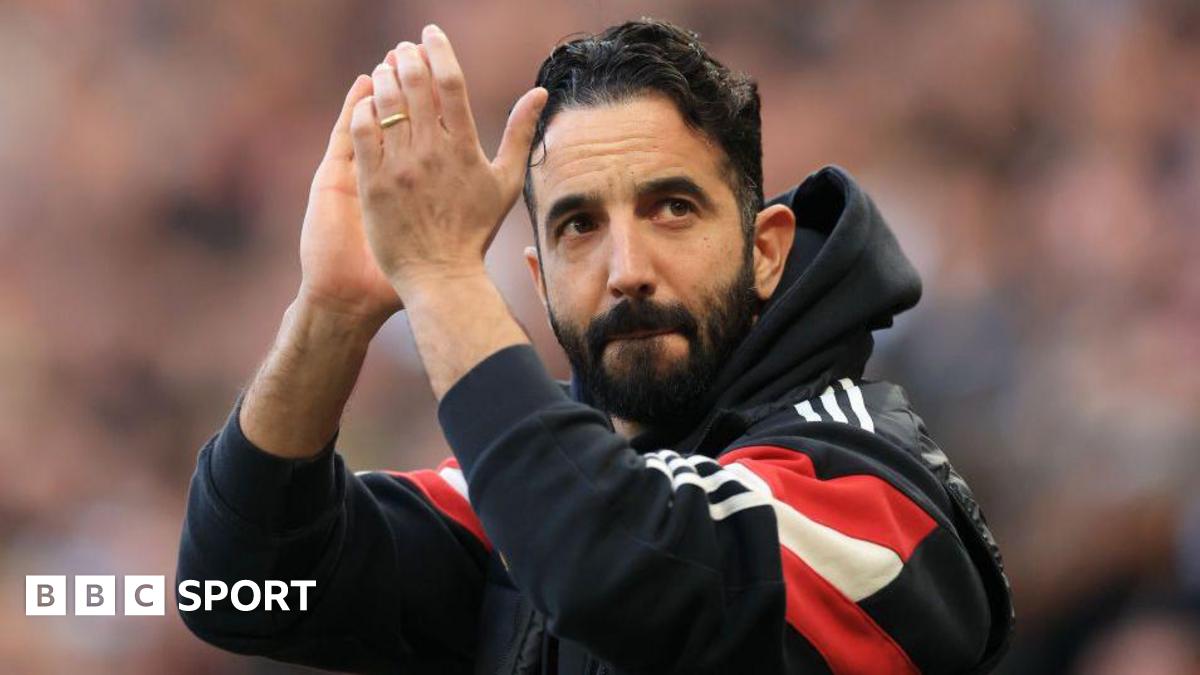Seizing white-owned farms and nationalising all mines are among the demands of minority parties jostling for position in an unprecedented coalition after South Africa’s elections.
Frantic coalition talks began on Monday after the ruling African National Congress lost its majority in a humbling election.
Two of the political parties vying for power – former president Jacob Zuma’s uMkhonto weSizwe party (MK), and the Leftist Economic Freedom Fighters (EFF) led by Julius Malema – have staked out radical demands in return for seats in a coalition government.
But the EFF is demanding a further price – the resignation of President Cyril Ramaphosa.
It comes after the ruling ANC ended up with only 40.2 per cent of the vote in last week’s election, the first time it has lost its majority since the end of apartheid.
Some in the ANC leadership appear to be willing to work with the EFF and MK, but Mr Ramaphosa is refusing to stand aside.

At a media briefing on Sunday, several party leaders emphasised that Mr Ramaphosa’s position was not up for debate until the party’s next congress in three years time.
Mr Zuma’s MK party not only wants to take over white-owned land, but also much of the private sector, including the mines and private schools.
Mr Malema, who is also seen as a possible kingmaker, runs a party that has also pledged to nationalise the country’s gold and platinum mines and seize land from white farmers.
Mr Ramaphosa and some of his allies have indicated they prefer the calmer waters of some form of agreement with the pro-business centrist parties, the white-led Democratic Alliance (DA) and the small but influential Zulu-based Inkatha Freedom Party (IFP).


“We need stability,” the ANC’s secretary general, Fikile Mbalula, told the media on Sunday.
Reaching agreement after a fairly bitter campaign in which the ANC and DA regularly exchanged insults would be difficult, insiders say, with many senior DA members as opposed to a deal as some in the ANC.
Officials in all the major parties have been discussing coalition options informally for some months, not least because recent coalitions at municipal level have often failed.
“Coalitions haven’t worked,” Mr Mbalula said on Sunday, despite raising the possibility of a government of national unity, of the kind Nelson Mandela led in 1994.
One insider said that there was an alternative, a “confidence and supply” agreement along the lines applied in Canada.
Under that arrangement the ANC would continue to govern alone, while the opposition would undertake to oppose any votes of no-confidence and to support appropriate legislation to keep the government running.
In return they would receive top positions in parliament, including that of speaker and chairs of major parliamentary committees.


These parties have only 14 days to put together enough of an agreement so that they can vote in a new president. If they fail to meet this deadline South Africa would face a second election.
Even under a “confidence and supply” agreement, there will be political fallout among both the agreeing parties and those left outside.
In a long informal and unexpected briefing on Saturday night, disgraced former president Zuma demanded that South Africa’s independent Electoral Commission delay announcing results of the election to allow for what he called a “revote,” which some interpreted as a recount.
Mr Zuma is due to go on trial again for a long-delayed case over alleged corruption over an arms deal more than 20 years ago.
The ANC lost control, for the first time, of three provinces, which include the drivers of the South African economy, Gauteng, which includes Johannesburg, and KwaZulu-Natal, which includes Durban, Africa’s busiest port.
With the Western Cape, which includes Cape Town, firmly remaining in the hands of the DA, the ANC has now lost power in all South Africa’s major economic centres.












